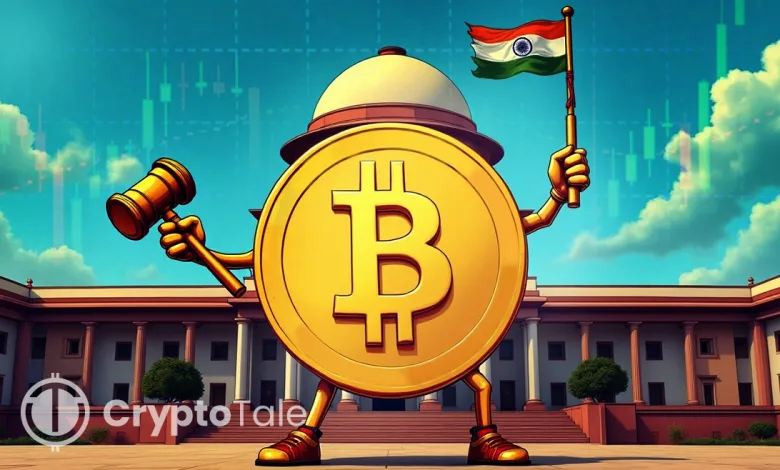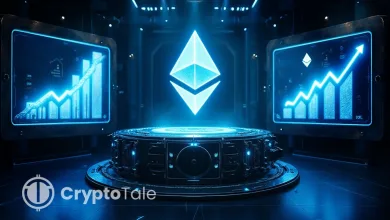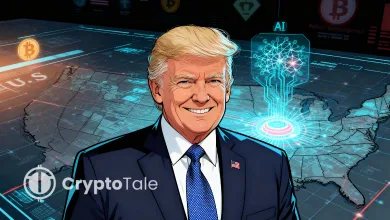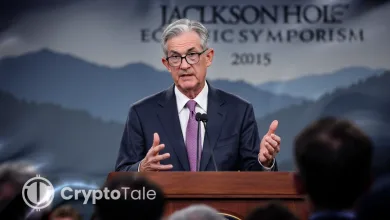India’s Top Court Seeks Urgent Rules on Crypto Trading

- India’s court says Bitcoin rules must be made to stop risky and hidden trade in crypto.
- Bitcoin trading is rising, but courts fear it looks like hidden cash deals without rules.
- A clear law is missing, but crypto is taxed, showing it has some form of legal standing.
India’s Supreme Court has called for immediate regulation of cryptocurrencies, stating banning Bitcoin is like “shutting your eyes to ground reality.” The call came during a May 19, 2025, hearing led by Justices Surya Kant and N. Kotiswar Singh, who expressed concern over the Centre’s delay in formulating a clear legal framework. The Court compared Bitcoin trading to the hawala system, pointing to risks of illicit financial activity in the absence of oversight.
At press time, Bitcoin trades at $105,336.15, reflecting a 2.23% 24-hour increase, according to CoinMarketCap. Market cap stands at $2.09 trillion, with volume declining by 10.38% to $54.65 billion.
India Faces Policy Vacuum as Global Crypto Laws Advance
While India takes some time to catch up, big international economies are already stepping forward with crypto regulations. The United States recently advanced stablecoin legislation through the Senate, marking a policy win for the industry. Meanwhile, the European Union has entered the implementation phase of its Markets in Crypto-Assets regulation, establishing structured digital asset controls.
The Indian Supreme Court’s remarks arrive at a time of accelerating international regulatory activity. The bench described the current state of Bitcoin trading as a “hawala business,” an unregulated money transfer network. Justice Surya Kant stated clearly, “Trading in Bitcoin is an illicit trade, similar to a Hawala business.” The court asked why the center has not yet created a policy to monitor and control cryptocurrency activities.
Legal Proceedings Triggered by Bail Hearing Raise Larger Concerns
The matter arose during a bail hearing for Shailesh Babulal Bhatt, arrested in Gujarat for illegal Bitcoin trading activities. Bhatt is accused of deceiving investors and of involvement in abduction. Authorities claimed he was a key player in India’s crypto market, luring investors with false profit promises.
According to sources, the Court questioned whether Bhatt was a criminal or a victim of the unregulated environment. The lack of regulation, they suggested, complicates legal clarity in such cases. Additional Solicitor General Aishwarya Bhati asked for more time to seek instructions from the central government regarding crypto policy development.
Related: India-Pakistan Tensions: Will It Impact the Crypto Market?
Why Is Regulation Still Missing When Bitcoin Is Taxed at 30%?
The court noted BTC profits are already taxed at 30%, indicating partial recognition by the Indian state. So why delay regulation? This question underscores the Court’s concern about regulatory inconsistency in a sector showing significant economic impact.
Apart from asking the government for explanations, the bench explained that they do not have expertise in financial law. Nevertheless, they insisted on proper control and required the government to make a response by the end of July. The recent peak value of $107,000 for Bitcoin led the court to recognize that it needs to align its rules with those of other countries in the crypto sector.




